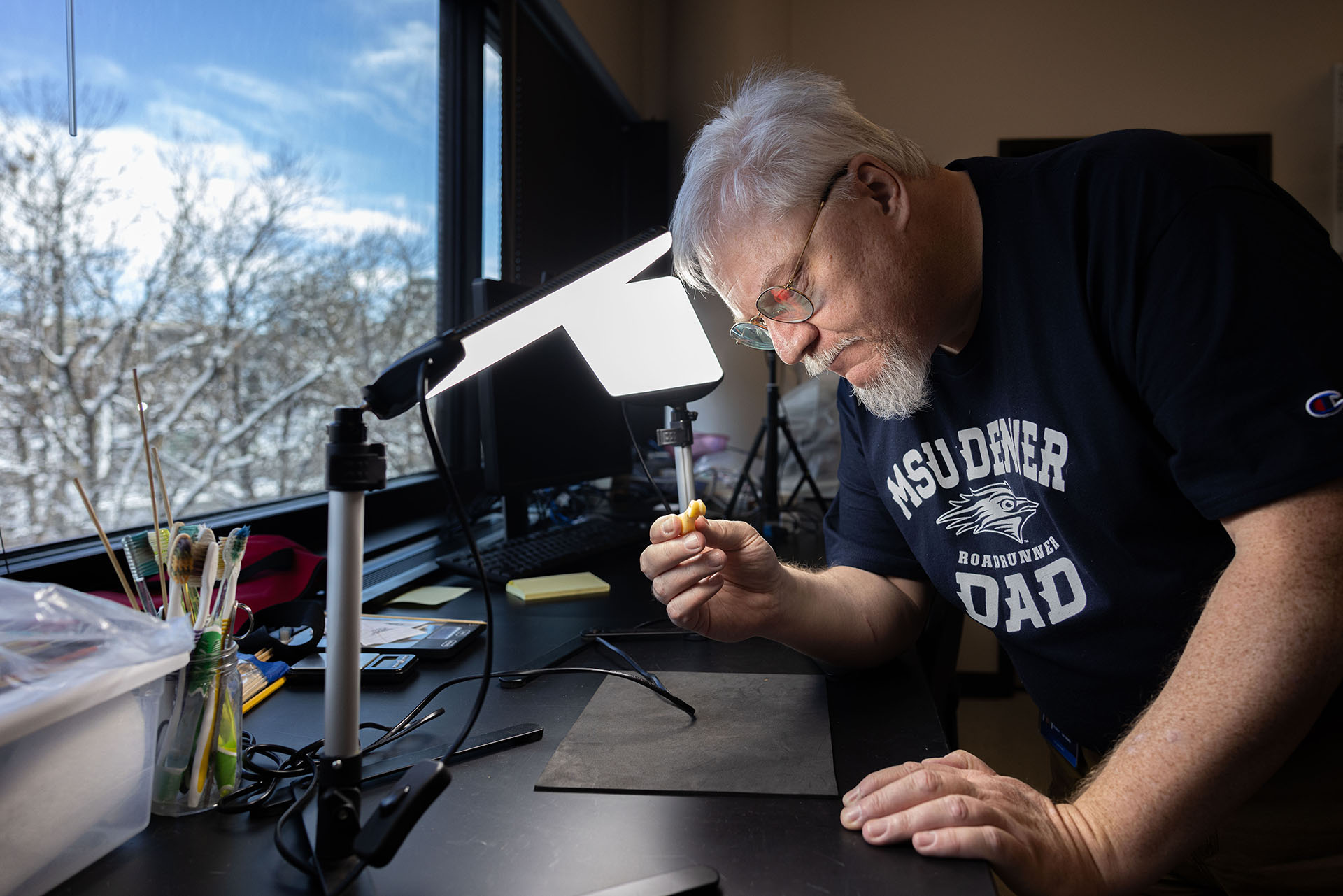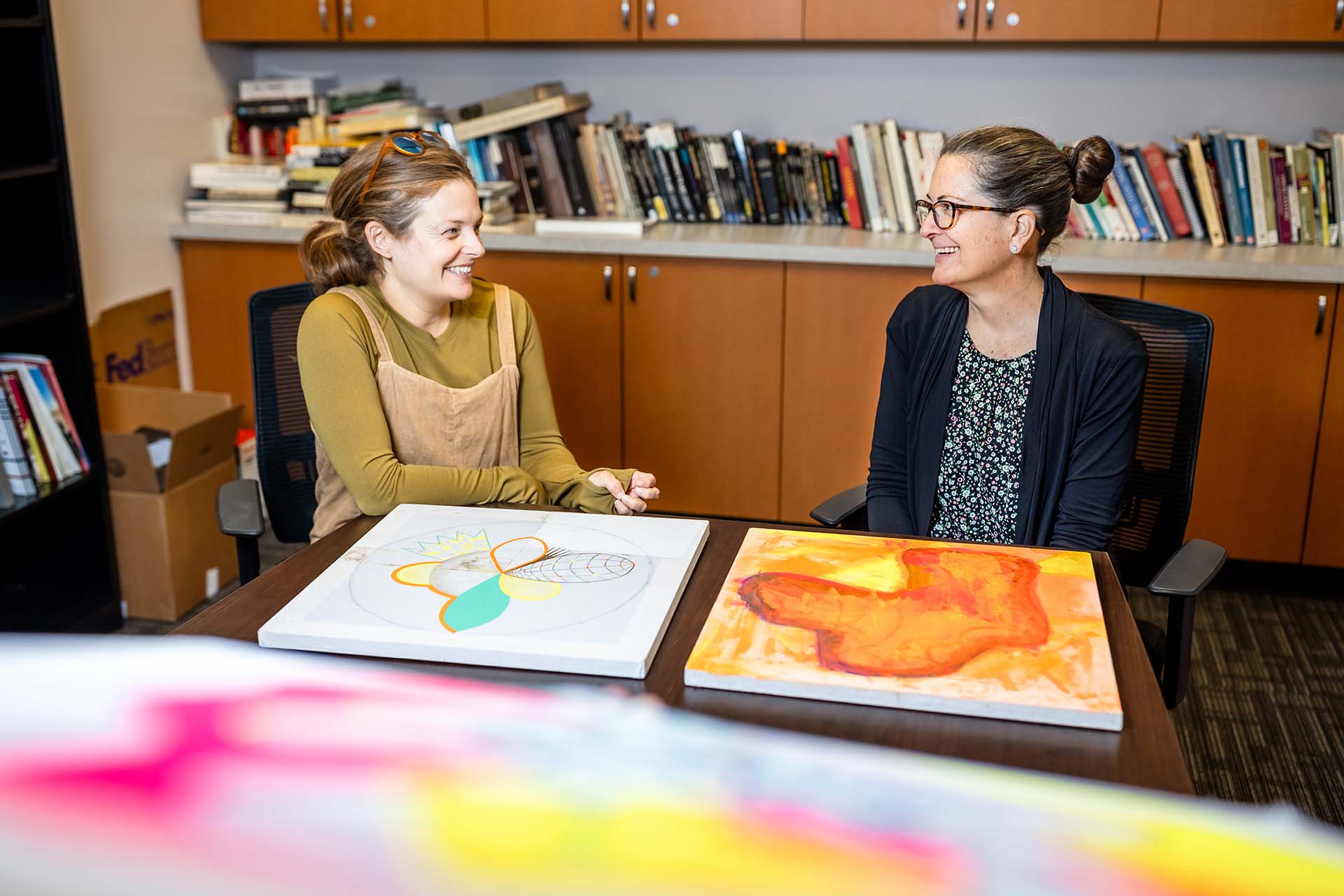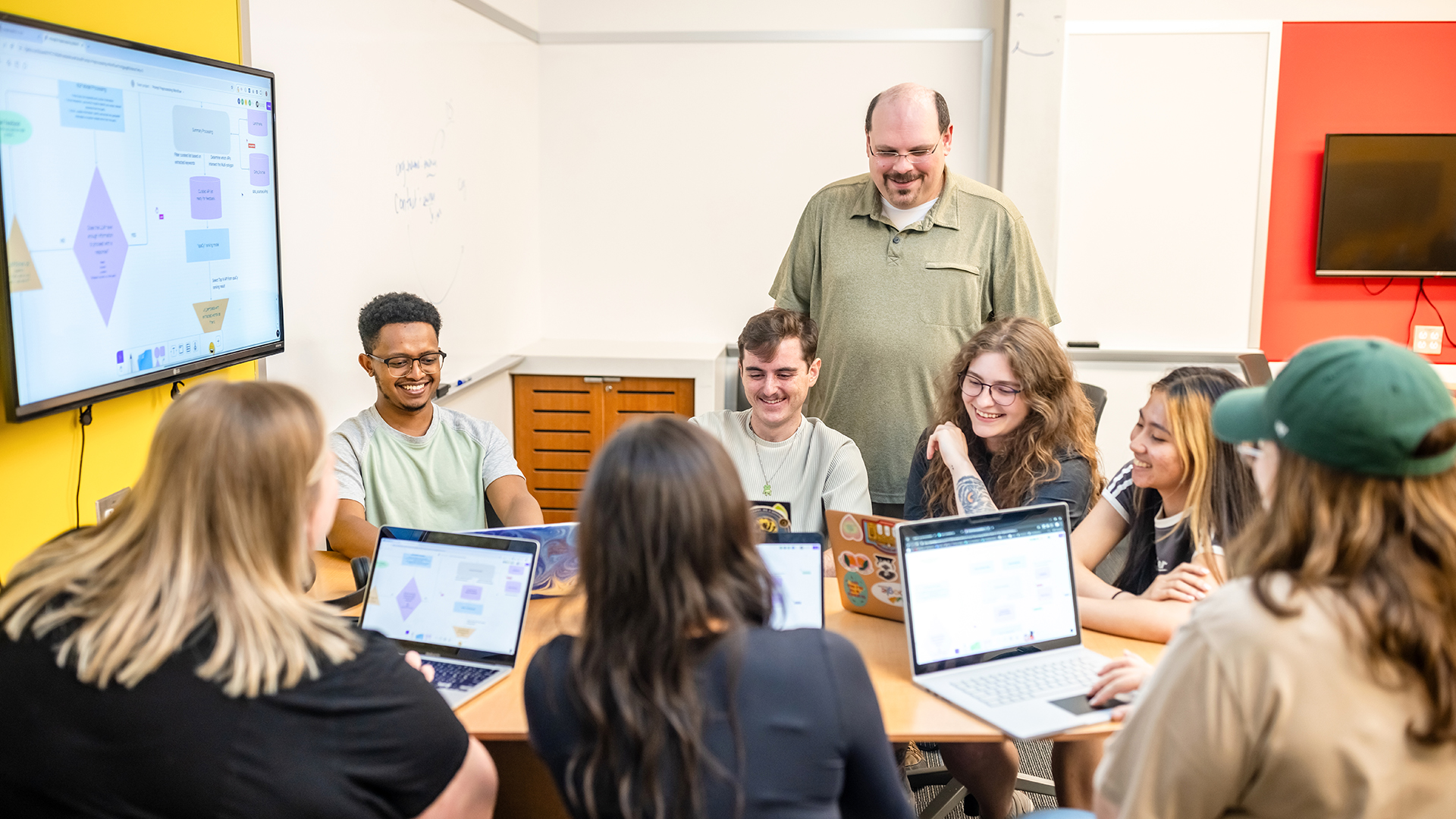New advanced-manufacturing center aims to strengthen workforce and supply chains
Initiative on the Auraria Campus will prepare existing and future manufacturers for the Fourth Industrial Revolution.
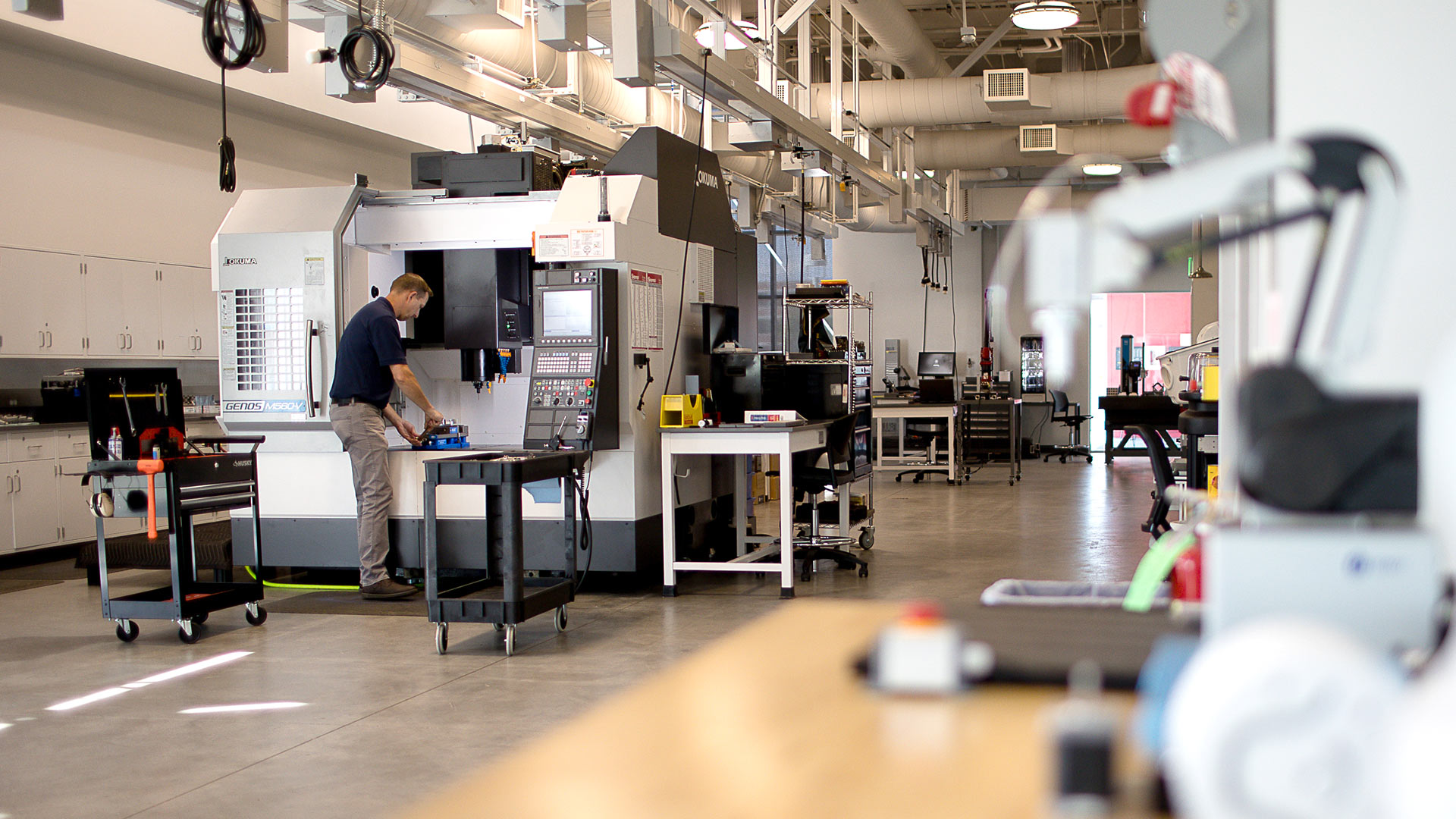
The Fourth Industrial Revolution is coming to downtown Denver.
Metropolitan State University of Denver is leading the development of a new advanced-manufacturing center on the Auraria Campus that aims to strengthen the state’s workforce and supply chains through so-called Industry 4.0 technologies such as artificial intelligence, augmented reality and the Internet of Things.
MSU Denver is partnering with the other higher-education institutions on the Auraria Campus to create the Industry 4.0 Center of Excellence. The center will comprise laboratories, office space and demonstration facilities that will train and be accessible to local manufacturers, said Mark Yoss, director of MSU Denver’s Advanced Manufacturing Sciences Institute.
The multiyear, multimillion-dollar project, which includes the University of Colorado Denver and Community College of Denver, will kick off this fall thanks to a $135,000 Collaborative Infrastructure Grant from the state Office of Economic Development and International Trade.
While Auraria advanced-manufacturing students will benefit from the center, its facilities will also be open to companies looking to train workers in technology meant to substantially improve manufacturing efficiencies, productivity and distribution.
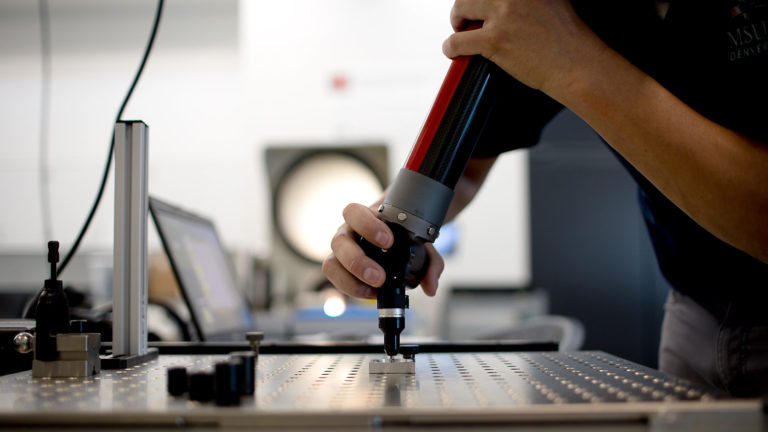
“We want to have these new technologies in labs across the three institutions so that people working in Colorado’s manufacturing industry can come here, learn how to use them and take the knowledge back to their own workplaces, where they can be more successful,” Yoss said.
“And along the way, those companies will have a chance to see how talented and work-ready our students are, and hopefully they’ll hire some of them,” he added.
RELATED: Leading the fourth wave
MSU Denver opened its Advanced Manufacturing Sciences Institute in 2017. Located in the University’s Aerospace and Engineering Sciences Building, the bachelor’s program already includes many cutting-edge facilities created with the help of industry partners such as Lockheed Martin and Hartwig Inc. Existing facilities include an additive 3D-printing laboratory and programmable machine tools equipped with robotic accessories.
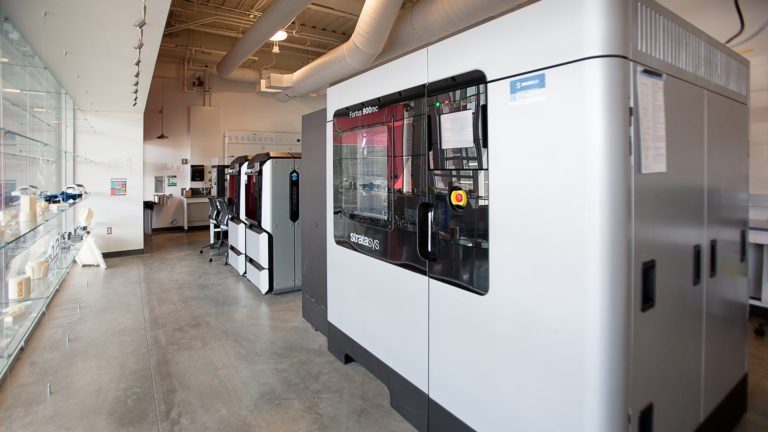
The Industry 4.0 Center of Excellence will leverage and upgrade the existing tools with even newer technologies — for example, software that will create “digital twins,” or digital representations of physical tools. These virtual models use artificial intelligence and data to simulate the real thing.
“Someone who is new to a machine and needs to learn how to use it, for example, might just put on augmented-reality glasses that provide work instructions,” Yoss said. “It’s a much more efficient and cost-effective way to train people.”
Such software will be implemented as part of the first phase of the Industry 4.0 initiative. Four subsequent phases will focus on additive manufacturing, cloud computing, autonomous robots, data technologies and cybersecurity.
Yoss estimates that the total project will cost $2.2 million over a five-to-10-year period.
“The disruptions to our supply chains over the last couple of years illustrate the need for the kinds of technology and training this new center will provide,” Yoss said. “The U.S. needs to adopt and deploy these technologies across industries as quickly as possible.”
The Fourth Industrial Revolution and the technologies that embrace connectivity, data and automation mark a shift from the Third Industrial Revolution, or Digital Revolution, in which mechanical and analogue technologies were replaced by those using digital computing in the second half of the 20th century.

